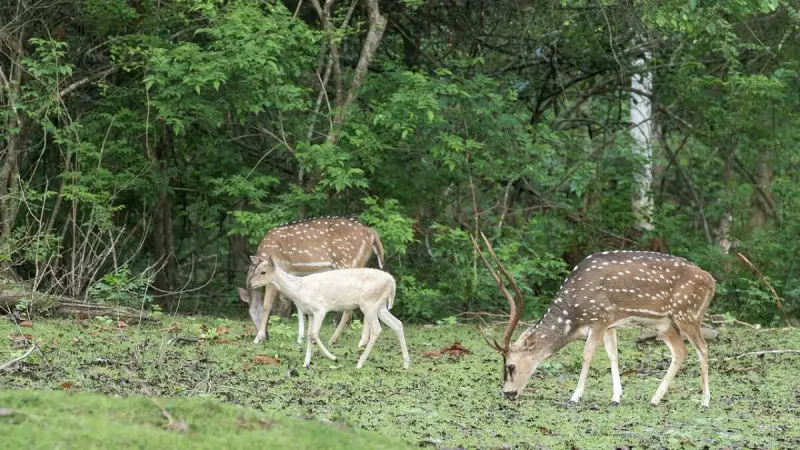
Environmental activists have formally approached the Kerala Governor with a plea against the recently passed Wildlife Protection (Amendment) Bill, creating a new controversy around the state's approach to handling human-animal conflicts.
The Controversial Legislation
The Kerala state assembly passed the Wildlife Protection (Amendment) Bill as an official measure to address the growing problem of man-animal conflicts across the state. The legislation aims to provide legal frameworks for managing situations where wildlife increasingly interacts with human settlements, often with dangerous consequences.
However, the bill has faced significant opposition from conservation groups and environmental activists who question the true motivations behind the amendments. Activists submitted their formal plea to Kerala Governor on November 13, 2025, urging him to reconsider the legislation that they believe could undermine wildlife protection in the state.
Allegations of External Pressure
Opponents of the bill have raised serious concerns about the influence of special interest groups on the legislation. Multiple sources have alleged that the state government yielded to pressure from lobbies with vested interests, though specific groups have not been named in the public discourse.
The timing of the plea submission, coming shortly after the assembly's passage of the bill, indicates the urgency and seriousness of the activists' concerns. The bill was passed by the Kerala assembly as recently as November 2025, showing how quickly opposition has mobilized against the proposed changes to wildlife protection laws.
Broader Implications for Conservation
The controversy highlights the ongoing tension between development needs and conservation efforts in Kerala, a state known for its rich biodiversity and significant wildlife populations. As human settlements expand into traditional animal habitats, conflicts have become increasingly common, creating complex challenges for policymakers.
Environmental groups argue that the amendments could set a dangerous precedent for wildlife protection across India, potentially weakening conservation efforts in other states facing similar human-animal conflict situations. The outcome of the activists' plea to the Governor could significantly influence future wildlife protection policies in Kerala and beyond.
As the situation develops, all eyes remain on the Governor's office for a response to the formal plea against the Wildlife Protection (Amendment) Bill that has sparked such passionate debate between conservation and conflict management interests.





